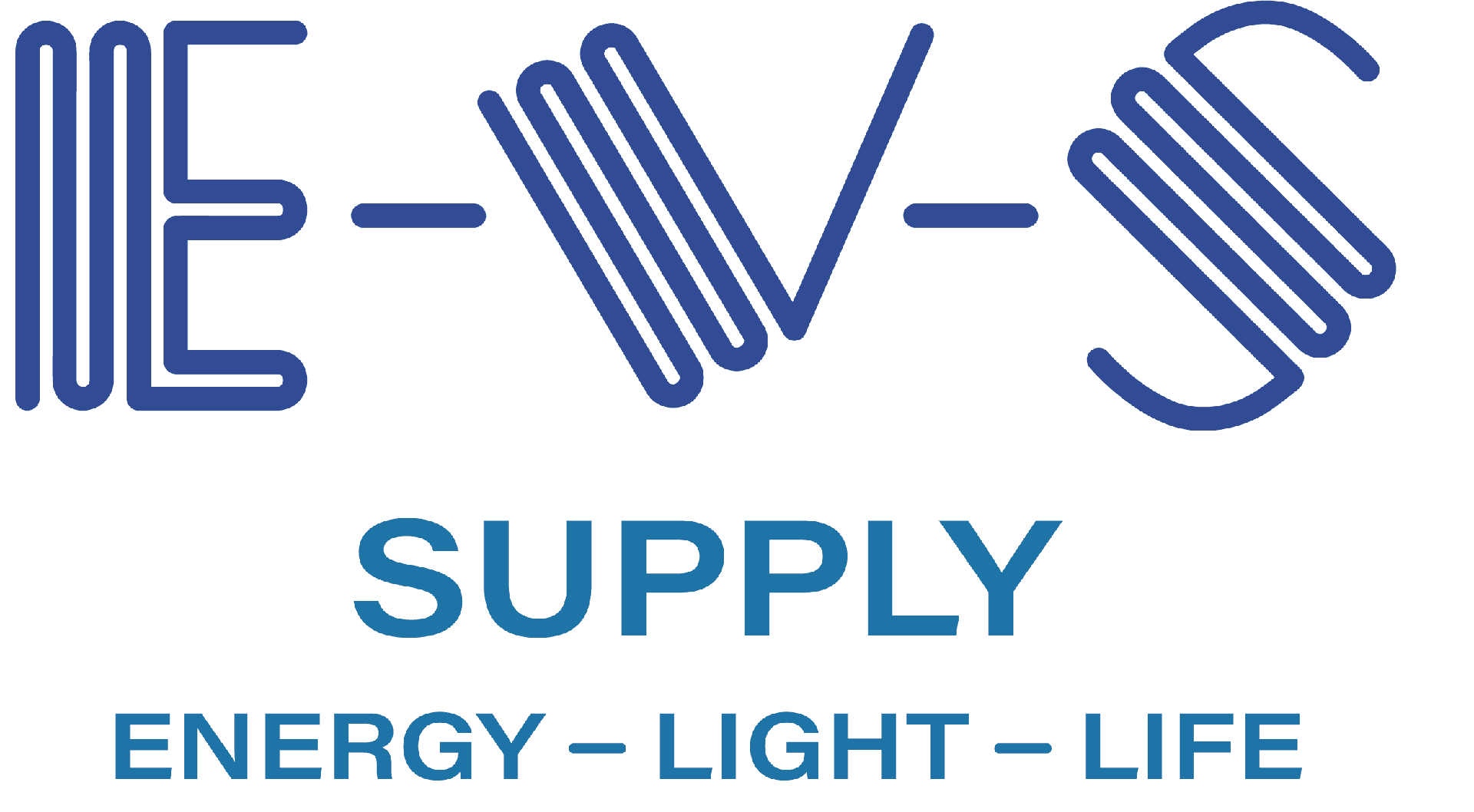Custom Lithium Batteries
Lithium batteries provide essential power to various devices, such as smartphones and electric vehicles. However, their efficacy relies on a customized approach to meet specific application needs.
This article explores the critical role of customized lithium battery chemistry selection. It also delves into the intricacies of the manufacturing process, ensuring these powerhouses deliver optimal performance in different applications.
Custom Lithium Battery Chemistry Selection
Listed below are the essential factors to consider when choosing a customized lithium battery for your application:
Battery Chemistries
It is crucial to understand the distinctions between these chemistries to select the best battery for your needs:
- Lithium cobalt oxide (LCO): known for high energy density but can be prone to thermal runaway
- Lithium manganese oxide (LMO): offers good power density and safety but has a lower energy density than other chemistries
- Lithium iron phosphate (LFP): renowned for its high safety and long cycle life but has slightly lower energy density
- Lithium nickel cobalt aluminum oxide (NCA): provides high energy density and good power performance, commonly used in electric vehicles
Performance Metrics
Different applications demand distinct performance metrics from custom lithium batteries. Factors such as energy density, voltage, cycle life, and safety are crucial considerations. For high-energy applications such as electric vehicles, chemistries with higher energy densities such as NCA or LCO may be preferred. In contrast, LFP chemistry might be chosen for applications demanding safety and longevity.
Application-Specific Requirements
The intended application heavily influences the choice of battery chemistry. For example, portable electronic devices may prioritize lightweight and compact batteries with moderate energy densities, making LCO or LMO suitable. Meanwhile, grid energy storage systems may prioritize cost-effectiveness and long cycle life, favoring LFP or lithium titanate (LTO) chemistries.
Safety and Reliability
Safety is paramount in lithium battery applications, and some chemistries offer better safety characteristics. For instance, LFP has better thermal stability compared to NCA. Additionally, incorporating safety features, including electrolyte additives or advanced cell designs, can enhance the overall reliability of the battery system.
Environmental Considerations
Environmental sustainability is an increasingly important factor in battery chemistry selection. Choosing chemistries with abundant and responsibly sourced materials and those with high recyclability rates can minimize the ecological impact of lithium battery production and disposal.
Custom Lithium Battery Manufacturing Process
Here are the steps that explain how custom lithium batteries are made to guarantee their superiority:
Design Phase
The following are key aspects of the design phase for custom lithium batteries:
1. Battery Design Customization
Manufacturers offer a range of customization options to tailor the battery design according to specific requirements. This includes adjusting parameters such as voltage levels, capacity, size, shape, and form factor to ensure optimal compatibility and performance for the intended application.
2. Specific Feature Requirements
Manufacturers work closely with clients to incorporate specific requirements into the battery design. This may involve accommodating unique features, integrating safety mechanisms, or optimizing energy density to meet the application’s demands while adhering to industry standards and regulations.
3. Efficiency and Performance
Efficiency and performance are critical considerations during the design phase. Manufacturers aim to optimize the battery configuration to maximize energy output and minimize power loss. Factors such as electrode materials, cell arrangement, and thermal management are carefully evaluated to achieve the desired performance metrics.
Testing Phase
These are the testing procedures for customized lithium batteries:
- Voltage stability tests: to evaluate the battery’s ability to maintain a consistent voltage output under different operating conditions
- Temperature resilience assessments: to test the battery’s performance and safety across various temperatures and verify its resilience to extreme environmental conditions
- Performance testing under various load conditions: to assess how the battery performs under different loads
- Capacity and energy density measurements: to gauge its capacity to store energy to glean crucial insights into its overall performance
- Cycle life testing for rechargeable batteries: to simulate real-world usage and assess the battery’s lifespan using repeated charge and discharge cycles
- Safety and reliability assessments: ensures adherence to stringent safety standards and regulations, including short-circuit, overcharge, and thermal runaway tests
Choose EVS Supply for Superior Custom Lithium Batteries!
At EVS Supply, we guarantee unparalleled quality and safety with our customized lithium batteries. Our commitment extends beyond excellence in products and service, providing exceptional customer service and support for our clients.
Contact us now for the best in customized lithium battery solutions!
